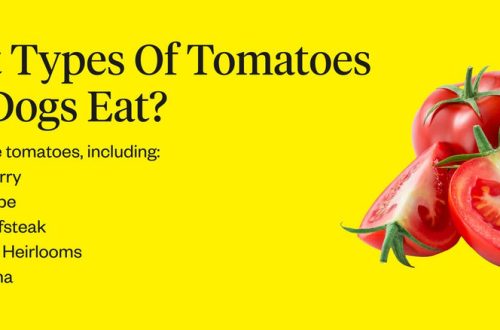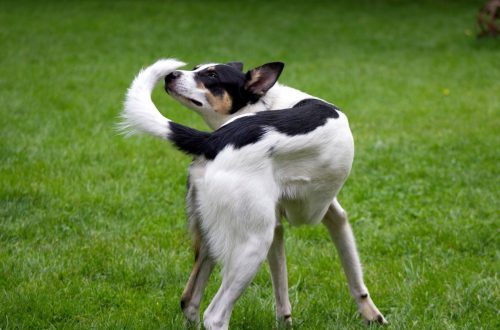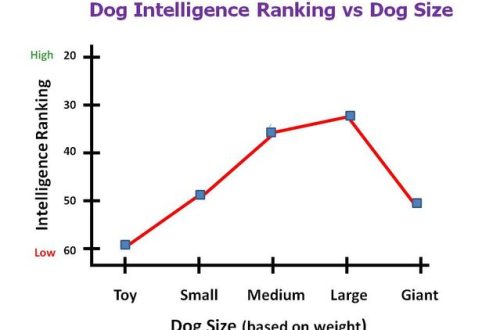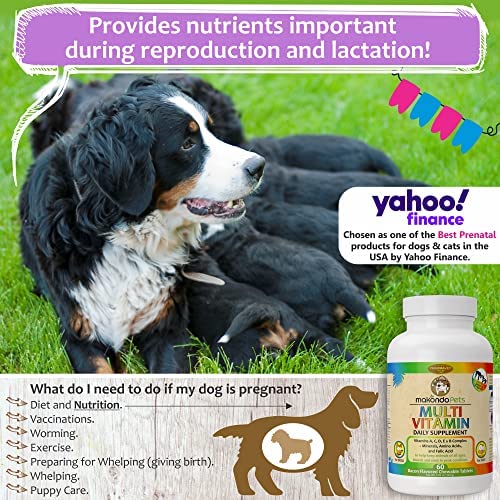
Nutrition and vitamins for pregnant and lactating dogs and cats
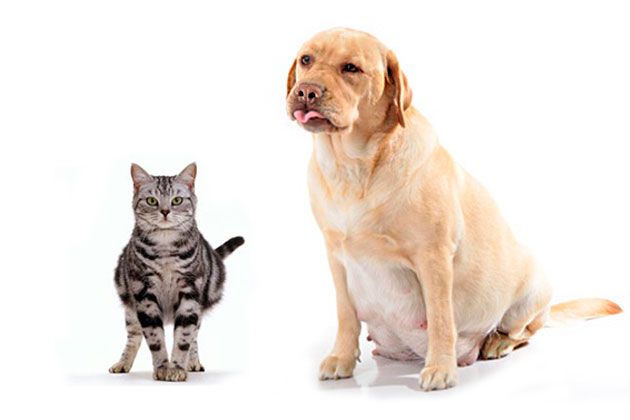
Pregnancy of a cat or dog is a difficult and tiring period of life for both the animal and the owner. How to support the body of a pet and its offspring during this period?
Owners of pregnant cats and dogs often wonder if their pet needs special nutrition and vitamins during such an important period of life. Of course needed! After all, now the body also needs useful substances for the development of babies, and, for example, large dogs have more than 10 of them! There is no way around this without outside support.
Contents
Nutrition for pregnant and lactating dogs and cats
A complete and balanced diet during pregnancy allows the animal to bear and give birth to healthy offspring, reduces the risk of intrauterine death of embryos and complications in childbirth. If before pregnancy the pet ate dry rations or natural food, then the type of feeding should not be changed. And even more so, other types of nutrition should not be introduced into the diet – for example, those who eat natural food should be fed with dry food, and vice versa, this period of life is not suitable for such experiments. Moreover, in no case should you feed your pet from the table. But the composition of the diet can be slightly changed. For animals on a natural diet, lean meats (veal, chicken, beef or turkey) are optimal in boiled or raw form – as it is more accustomed to, vegetables boiled or stewed in their own juice, fermented milk products – kefir, cottage cheese. The food must be sufficiently nutritious and complete. At the same time, the portion size should not increase greatly, and it is advisable to break the feeding into 3-4 doses. When feeding a pet with dry food, you can stay on the same food as she ate, or transfer during pregnancy and lactation to puppy or kitten food of the same company as the main food. Vitamins during pregnancy and lactation – for what?
- Normalization of metabolism
- Preservation and normal development of pregnancy
- Rapid recovery after childbirth
- Growth and development of fetuses, absence of intrauterine anomalies
- Prevention of postpartum eclampsia (a drop in the level of calcium in the body, expressed in tremor of the limbs, photophobia, refusal to eat, shortness of breath, anxiety, impaired coordination, ignoring offspring)
- Improving the quality of colostrum and milk, increasing lactation.
The most important substances during pregnancy and lactation
- Calcium. Normal development of the musculoskeletal system of fetuses
- Iron. Prevention of anemia.
- Folic acid. It is especially important to take it at the beginning of pregnancy. Folic acid affects the development of the nervous system of the fetus.
- Vitamin E. Ensures the normal course of pregnancy and the health of the mother’s reproductive system.
- Vitamin C. Antioxidant. Although it is synthesized in the body of animals on its own, it is often not enough due to increased needs.
- Vitamin A. Essential for body growth and proper fruit formation.
- Vitamin D. Controls the content of calcium and phosphorus in the skeletons of puppies and kittens.
Forms of vitamin and mineral complexes
Some of the nutrients are undoubtedly contained in the feed, but vitamins and minerals are still not enough. For this, there are separate supplements, for example, for cats – Unitabs Mama + Kitty for kittens, pregnant and lactating cats, Farmavit Neo vitamins for pregnant and lactating cats, for dogs – Unitabs MamaCare for pregnant and lactating dogs and calcium – 8in1 Excel Calcium for dogs, Calcefit-1 vitamin and mineral supplement for dogs. These drugs should be given strictly according to the instructions on the package, serving as a treat or mixing with the usual food.
Vitamin overdose
More vitamins – does not mean that the animal will become healthier and stronger than when taking them according to the instructions. Hypervitaminosis is as dangerous as a lack of vitamins, and sometimes even more dangerous. It can develop due to excessive feeding of vitamin and mineral preparations, exceeding the recommended dosage.
- Excess vitamin C. Vomiting and diarrhea, lethargy, high blood pressure, chance of miscarriage.
- Hypervitaminosis A. Apathy, drowsiness, indigestion.
- Too much vitamin D can lead to bone fragility.
- B vitamins. Cramps, trembling, swelling, skin and coat problems.
- Vitamin E overdose. High blood pressure. Risk of miscarriage and miscarriage.
- Hypervitaminosis K. Violation of blood clotting, fetal death.
- Calcium. An excess of calcium leads to early bone compaction and various developmental defects.
Lack of substances
Hypovitaminosis and vitamin deficiency can occur with poor nutrition of the animal, malabsorption of nutrients. Also, too early or old age or often repeated pregnancies can deplete the mother’s body, which will no longer be able to share the necessary elements with the growing offspring.
- Calcium deficiency can lead to eclampsia in the mother. Incorrect formation of the skeleton, curvature of the bones in the fetus.
- The development of alimentary hyperparathyroidism in young animals.
- Hypovitaminosis A. The birth of puppies and kittens with malformations of bones, vision, skin, reproductive system.
- The lack of B vitamins leads to disorders of the nervous system.
- Hypovitaminosis D. Kittens and puppies may develop rickets.
Prevention of hypo- and hypervitaminosis
First of all, pregnancy – ideally, should be pre-planned. The body of the animal must be prepared. After all, not only do you need to endure healthy offspring, you also need to feed them, supply them with useful substances for good growth and development of babies, and at the same time leave a reserve for your own body. A course of vitamins can be started in advance, but before that, confirm the pregnancy with a veterinarian, as well as consult on nutrition and the introduction of vitamins, based on the characteristics of the animal. It is desirable to observe the pet at the veterinarian for the entire period of pregnancy, in order to avoid problems with its course. Proper care, nutrition and maintaining the right balance of vitamins and minerals will allow the pet to endure, give birth and feed healthy offspring with minimal risks for both babies and mother.



